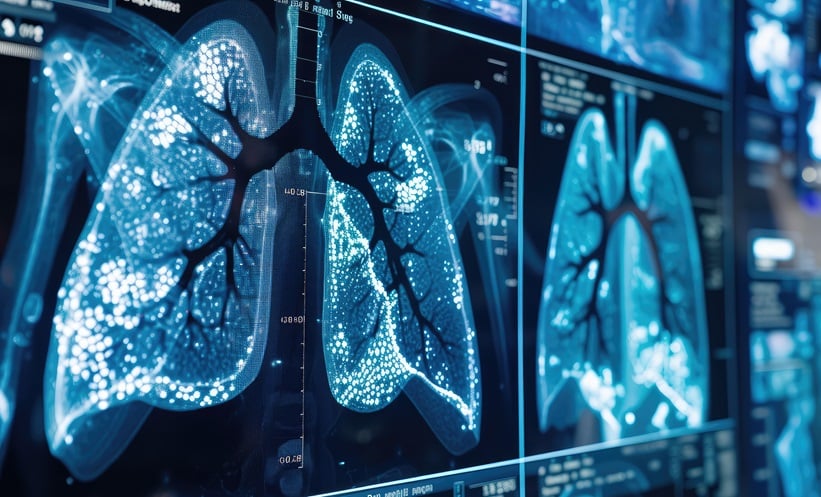EARLY detection of pancreatic cancer, a malignancy often detected at a late stage when prognosis is poor, could help save lives. New research evaluating the efficacy of artificial intelligence (AI) models in identifying early-stage pancreatic cancers on CT scans provides hope for the future.
Ajit Goenka, Diagnostic Radiologist from the Department of Radiology, Mayo Clinic, Rochester, Minnesota, USA, and colleagues have found that “AI models can detect cancer from a normal-appearing pancreas on CTs several months prior to cancer symptoms.” These findings are of great clinical interest given that small pancreatic cancers may not be visible to radiologists on standard imaging, leading to delayed diagnosis.
The case-control study conducted by Goenka’s team looked at whether AI models could accurately predict which patients would go on to develop pancreatic cancer. Early cancer imaging signatures were harvested from patient pre-diagnostic CT scans taken 3 months–3 years before they developed pancreatic cancer and compared with CT scans from an age-matched group with a who did not go on to develop pancreatic cancer during the 3-year period.
Following this, a machine learning model developed by the research team, which had been validated against several imaging related variables, was applied to the data. The reliability of the AI model was assessed against an open-source CT data set. The results showed that the AI model was able to predict the future risk of developing pancreatic cancer with a 94–98% accuracy.
Goenka stated: “Our study demonstrates that AI can identify those asymptomatic people who may harbour an occult cancer at a stage when surgical cure may be possible.” These findings could prove to be crucial in the future for developing pancreatic cancer screening programmes, as well as potentially identifying pancreatic cancers at an earlier stage when prognosis is better, and the disease could be cured. This research could be applied to other fields of oncology to help improve early detection and patient outcomes.








